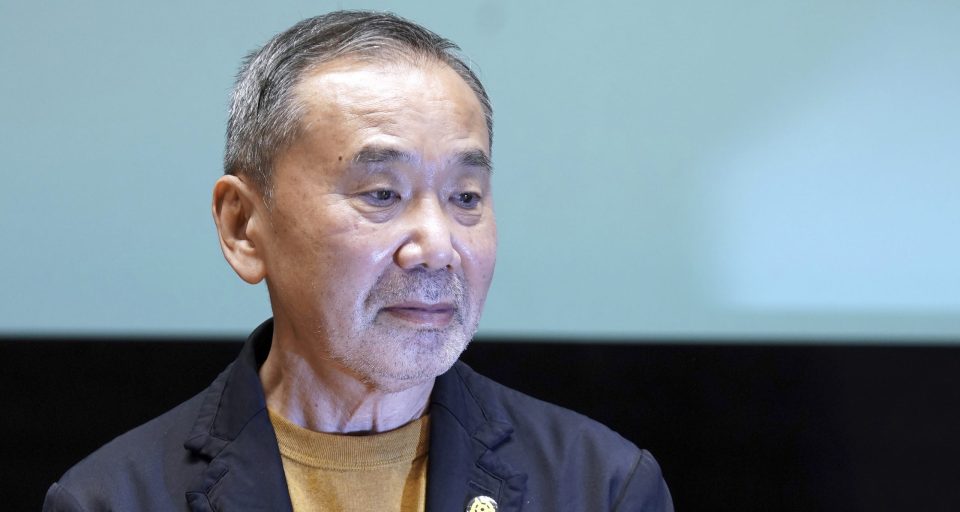
Author Murakami bitter about redevelopment of historic Tokyo park

Author Haruki Murakami is the latest in Japan to oppose the redevelopment of a historic Tokyo park district that would involve felling hundreds of trees, many hundreds of years old.
For Murakami, there is a personal reason too to contest the plan approved earlier this year by Tokyo Governor Yuriko Koike to put skyscrapers and new stadiums in the heart of the Jingu Gaien green district. He can never forget the garden’s jogging path – his favourite — and the nearly century-old baseball stadium where he was inspired to become a novelist.
No wonder, the redevelopment plan has become increasingly controversial. Followers of baseball and rugby history are opposed to it as well as conservationists and civil groups who say the project has advanced without transparency or adequate environmental assessment. The ball park and a neighbouring rugby stadium used for soccer during the 1964 Tokyo Olympics would be demolished under the plan.
Also read: Tokyo Olympic bribery trial opens; accused accepts guilt
Concrete jungle
When finished, the new stadiums will be surrounded by nearly 200-meter (650-foot) tall office buildings in a commercial complex.
“I am strongly opposed to the Jingu Gaien redevelopment plan,” Murakami said on his Sunday radio show. “Please leave that pleasant jogging course full of greenery and the lovely Jingu Stadium as it is. Once something is destroyed, it can never be restored.”
Murakami used to sit beyond the outfield fence, stretching out with a beer to watch the game on a grassy slope. He remembers the moment he decided to become a novelist. On his way home, he bought a fountain pen and started writing. His first novel, Hear the Wind Sing, was finished about six months later. Murakami said Gaiens circular jogging course, which is just over 1-kilometer long and has a mark at every 100 meters, is his favorite running area.
Earlier in the weekend, hundreds of people gathered outside the designated redevelopment area in Tokyo for a protest. The Jingu Gaien dispute comes about two years after the Tokyo Olympics, which involved several newly constructed stadiums and have since been sullied by bribery scandals.
Also read: Japan makes arrests on bribery suspicions in Tokyo Olympics
Koike said the metropolitan government has appropriately handled the environmental assessment and has urged the companies involved to share information with the public on the redevelopment. The project will take 13 years to complete, but minor construction has begun. The first court hearing on a lawsuit to suspend the work will be held later this week.
(With agency inputs)

